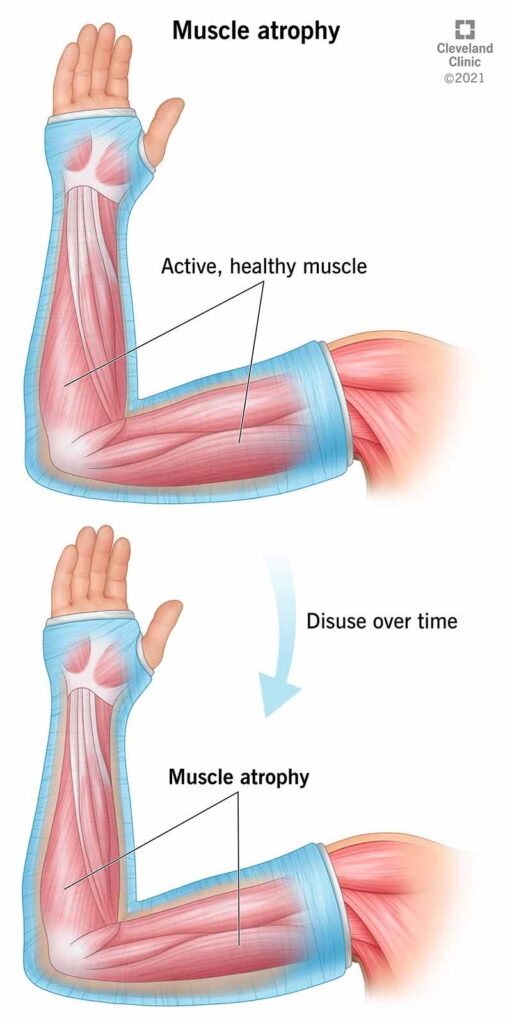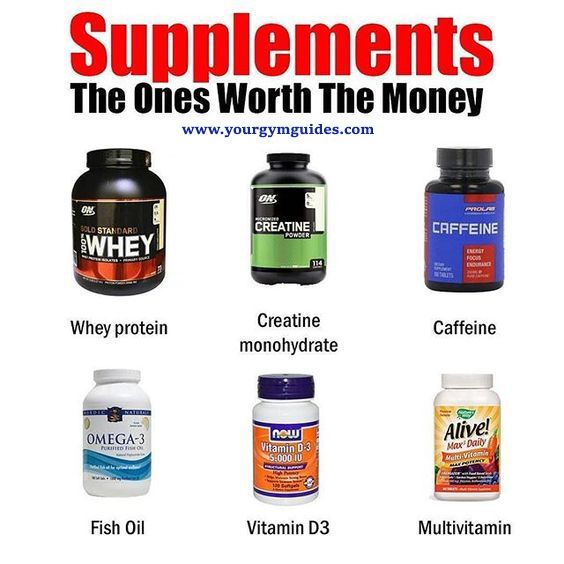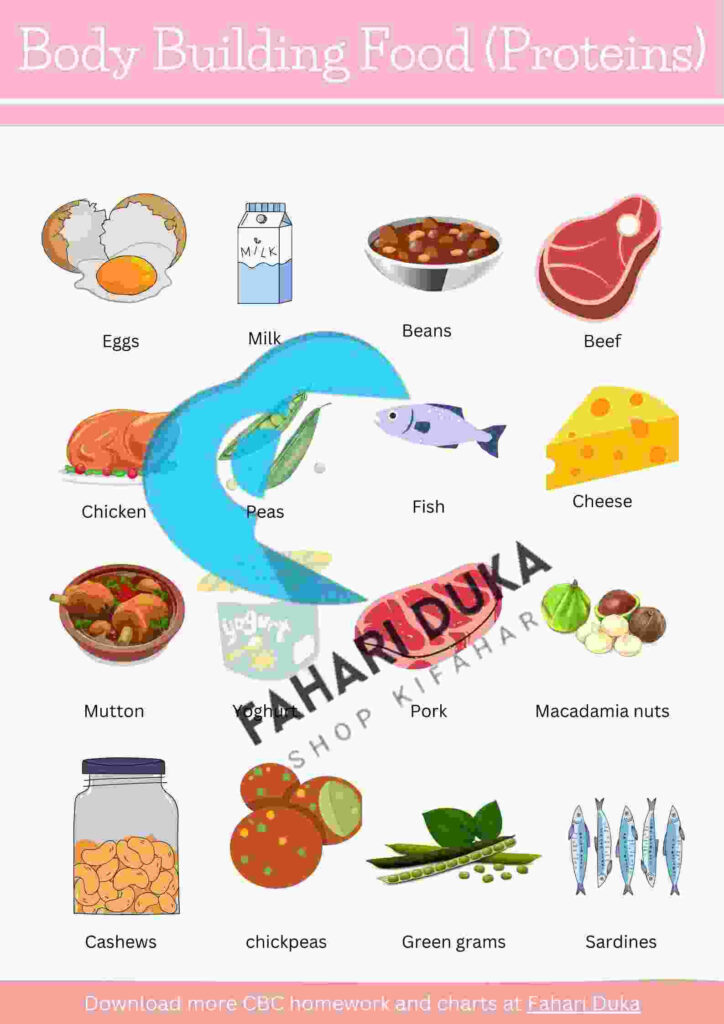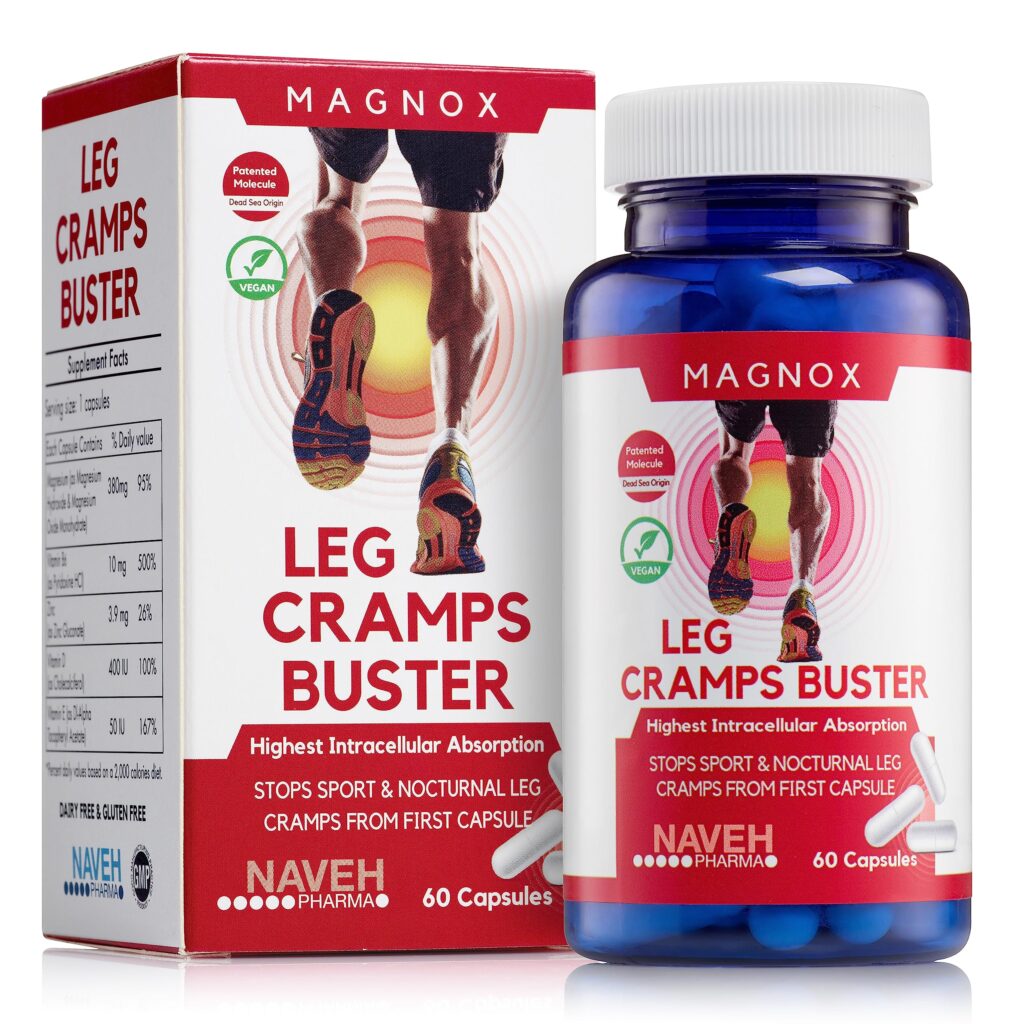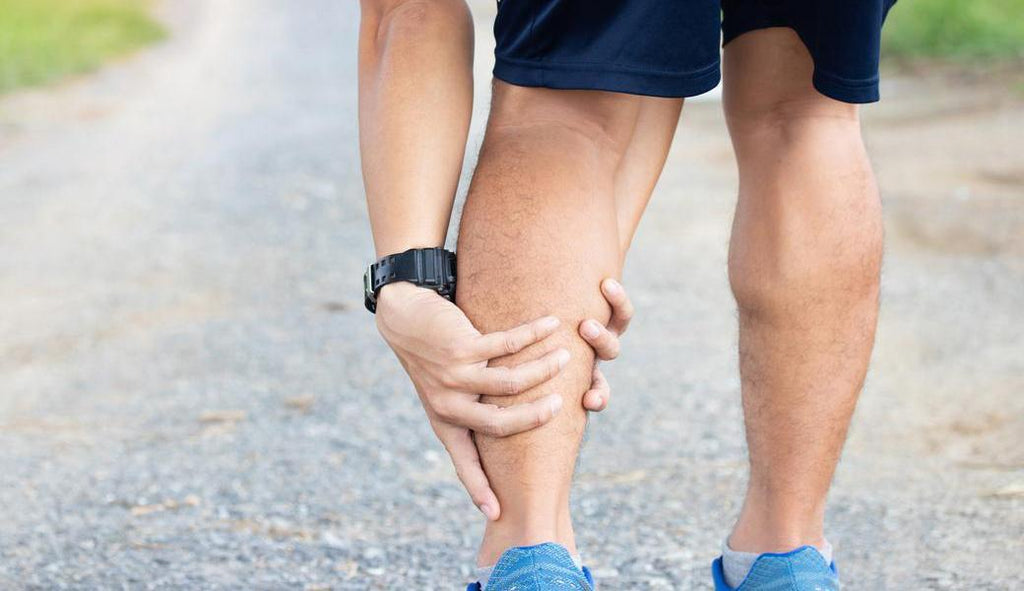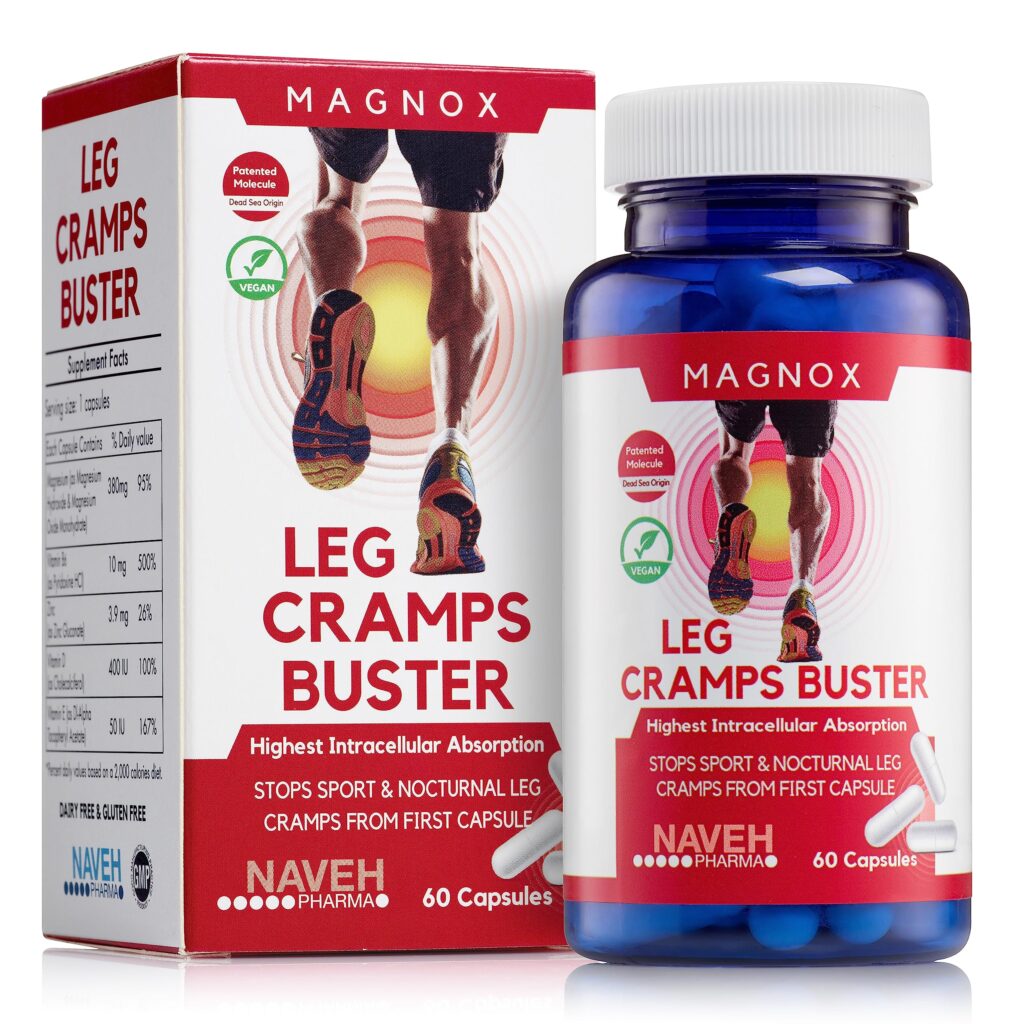To recover muscle mass, focus on strength training and consume a protein-rich diet. Ensure adequate rest and hydration.
Recovering muscle mass involves a combination of consistent strength training, proper nutrition, and rest. Strength training exercises, such as weight lifting and resistance workouts, stimulate muscle growth. A diet rich in protein supports muscle repair and growth. Foods like lean meats, fish, eggs, and legumes are excellent choices.
Hydration is crucial, as it aids in nutrient transport and muscle function. Adequate rest and sleep allow muscles to recover and grow stronger. Consistency in these practices ensures gradual and sustainable muscle mass recovery. Tailoring your routine to your fitness level and goals can optimize results, helping you regain muscle mass effectively.
Importance Of Muscle Mass
Muscle mass helps keep your body strong. It supports your bones and joints. With good muscle mass, you can move easily. You can also reduce the risk of injuries.
Strong muscles help burn more calories. This helps maintain a healthy weight. It also helps control blood sugar levels. People with more muscle mass have better heart health.
Muscles are crucial for daily activities. They help you lift, carry, and walk. Strong muscles make chores easier. You can do tasks without getting tired quickly.
Having good muscle mass improves balance. This helps prevent falls. It also supports your posture. Good posture reduces back pain and other problems.

Credit: www.healthline.com
Causes Of Muscle Loss
Muscle loss can stem from aging, inactivity, or poor nutrition. Boost muscle mass by engaging in strength training, consuming protein-rich foods, and maintaining an active lifestyle.
Aging
Muscle mass decreases as people grow older. This process is called sarcopenia. Strength and flexibility also reduce with age. Regular exercise can slow this process.
Inactivity
Muscles weaken if they are not used. Long periods of rest or bed rest can cause muscle loss. Physical activity is important to keep muscles strong. Simple exercises like walking can help.
Poor Nutrition
Muscles need protein to grow and stay strong. Not eating enough protein can lead to muscle loss. Eating a balanced diet with vitamins and minerals is also important. Drinking enough water keeps muscles healthy.
Nutrition For Muscle Recovery
Protein is vital for muscle recovery. Consuming enough protein helps repair muscle tissue. Aim for lean sources like chicken, fish, and tofu. Protein shakes can also be useful. Try to include protein in every meal. Your muscles will thank you.
Vitamins play a key role in recovery. Vitamin D supports muscle function. Vitamin C aids in collagen formation. Vitamin E helps reduce muscle damage. Consider a multivitamin if diet lacks variety. Fresh fruits and vegetables are great sources.
Staying hydrated is crucial for muscle recovery. Water helps transport nutrients to muscles. Dehydration can slow down the healing process. Aim to drink at least eight glasses of water daily. Sports drinks can help replenish lost electrolytes. Keep a water bottle handy at all times.

Credit: m.youtube.com
Effective Workouts
Strength training helps build muscle. Lifting weights can increase muscle mass. Try using dumbbells or resistance bands. Aim for at least two sessions per week. Focus on different muscle groups. Allow rest between workout days.
High-Intensity Interval Training (HIIT) is great for muscle recovery. It involves short bursts of intense exercise. Followed by brief rest periods. HIIT boosts your metabolism. It also burns fat while building muscle. Try exercises like sprinting or jumping jacks.
Flexibility exercises keep muscles limber. Stretching can prevent injuries. Yoga is an excellent choice. It improves flexibility and balance. Try to stretch daily. Spend at least 10 minutes on stretching. Focus on major muscle groups.
Rest And Recovery
Sleep helps muscles repair and grow. 8 hours of sleep is best. Growth hormone is made during deep sleep. This hormone helps muscles. Sleep also reduces stress. Less stress means better muscle recovery. Good sleep makes you stronger and healthier.
Rest days are important for muscle recovery. Muscles need time to heal after workouts. Working out every day can hurt muscles. Rest days prevent injuries. Rest lets muscles grow bigger and stronger. Plan at least two rest days each week.
Active recovery means light exercise on rest days. It can be walking or stretching. This helps blood flow to muscles. Better blood flow brings nutrients to muscles. Active recovery reduces soreness. It helps muscles heal faster. Do gentle activities for active recovery.
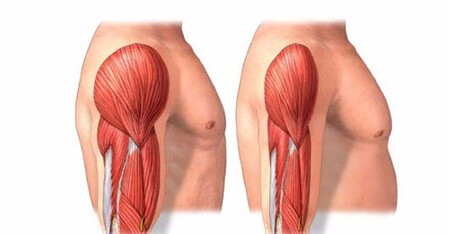
Credit: bodyscanuk.com
Supplements For Muscle Gain
Protein powders help build muscle. They are easy to use. Just mix with water or milk. They provide the necessary protein for muscle recovery. Choose from whey, soy, or pea protein.
Creatine is a popular supplement. It boosts muscle strength. It can improve exercise performance. Take creatine before or after workouts. It helps muscles recover faster. Creatine is safe for most people.
Amino acids are the building blocks of protein. They help repair and grow muscles. BCAAs are a type of amino acids. They reduce muscle soreness. Take them before or after workouts.
Injury Prevention
Using proper form helps prevent injuries. It ensures that muscles are used correctly. Always align your body well during exercises. This avoids unnecessary strain on joints and muscles. Ask a trainer if you are unsure about your form.
Start with a light warm-up. This increases blood flow to your muscles. Do some jumping jacks or light jogging. Stretch your muscles gently. This prepares them for more intense activity. Warming up reduces the risk of injury.
A proper cool-down helps your muscles recover. It prevents stiffness and soreness. Slow down your activity gradually. Then, stretch your muscles gently. This helps remove lactic acid. Cooling down is as important as warming up.
Expert Advice
Personal trainers can help you build muscle. They create custom workout plans. These plans are safe and effective. Trainers also show you the right way to lift weights. Proper technique prevents injuries. Working with a trainer can speed up your recovery. They keep you motivated and focused.
Physical therapists help in muscle recovery. They use special exercises to rebuild strength. Therapists also offer treatments to reduce pain. They can guide you through safe movements. Physical therapy is important after an injury. It helps you regain mobility and muscle mass.
Dietitians create meal plans that support muscle growth. They know which foods are rich in protein. Protein is essential for muscle repair. Dietitians also recommend vitamins and minerals. Proper nutrition speeds up muscle recovery. They can customize your diet to fit your needs.
Tracking Progress
Use a tape measure to track muscle growth. Measure arms, chest, legs, and waist. Write down these numbers every week. Watch for small changes over time. These numbers show if you are gaining muscle.
Keep a workout log. Record the weight you lift and the number of reps. Aim to increase weight or reps each week. This shows strength improvements. If numbers go up, muscles are growing.
Take photos of your body every month. Stand in the same position each time. Compare current photos to old ones. Look for more muscle and less fat. This helps you see physical changes.
Frequently Asked Questions
What Are The Best Exercises To Regain Muscle Mass?
Strength training exercises like squats, deadlifts, and bench presses are effective. Consistency and progressive overload help rebuild muscle mass. Aim for 3-4 sessions per week.
How Does Protein Intake Affect Muscle Recovery?
Protein is crucial for muscle repair and growth. Consuming protein-rich foods like chicken, fish, and legumes aids recovery. Aim for 1. 2-2. 0 grams per kilogram of body weight daily.
Can Sleep Impact Muscle Recovery?
Yes, sleep is vital for muscle recovery. It helps repair and grow muscle tissue. Aim for 7-9 hours of quality sleep each night for optimal recovery.
How Long Does It Take To Regain Lost Muscle?
Regaining muscle can take weeks to months, depending on various factors. Consistent exercise and proper nutrition speed up the process. Patience and persistence are key.
Conclusion
Building back muscle mass requires consistency, proper nutrition, and effective workouts. Stay patient and track your progress. Incorporate rest days to allow muscle recovery. Maintaining a balanced diet rich in protein will aid in muscle growth. Follow these steps, and you’ll see significant improvement in your muscle mass over time.

